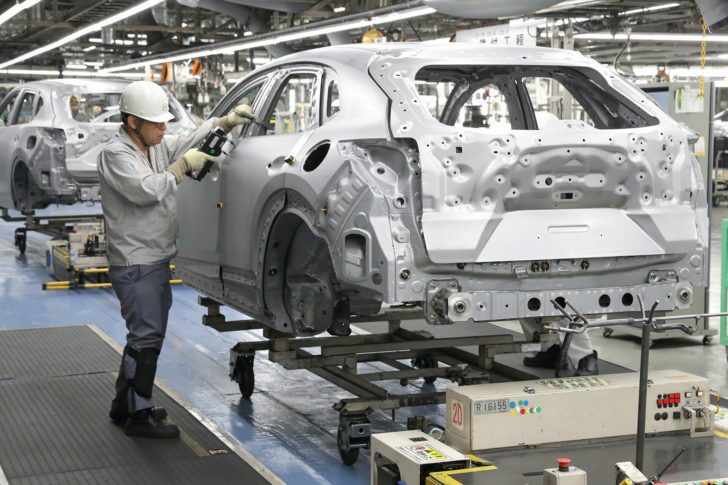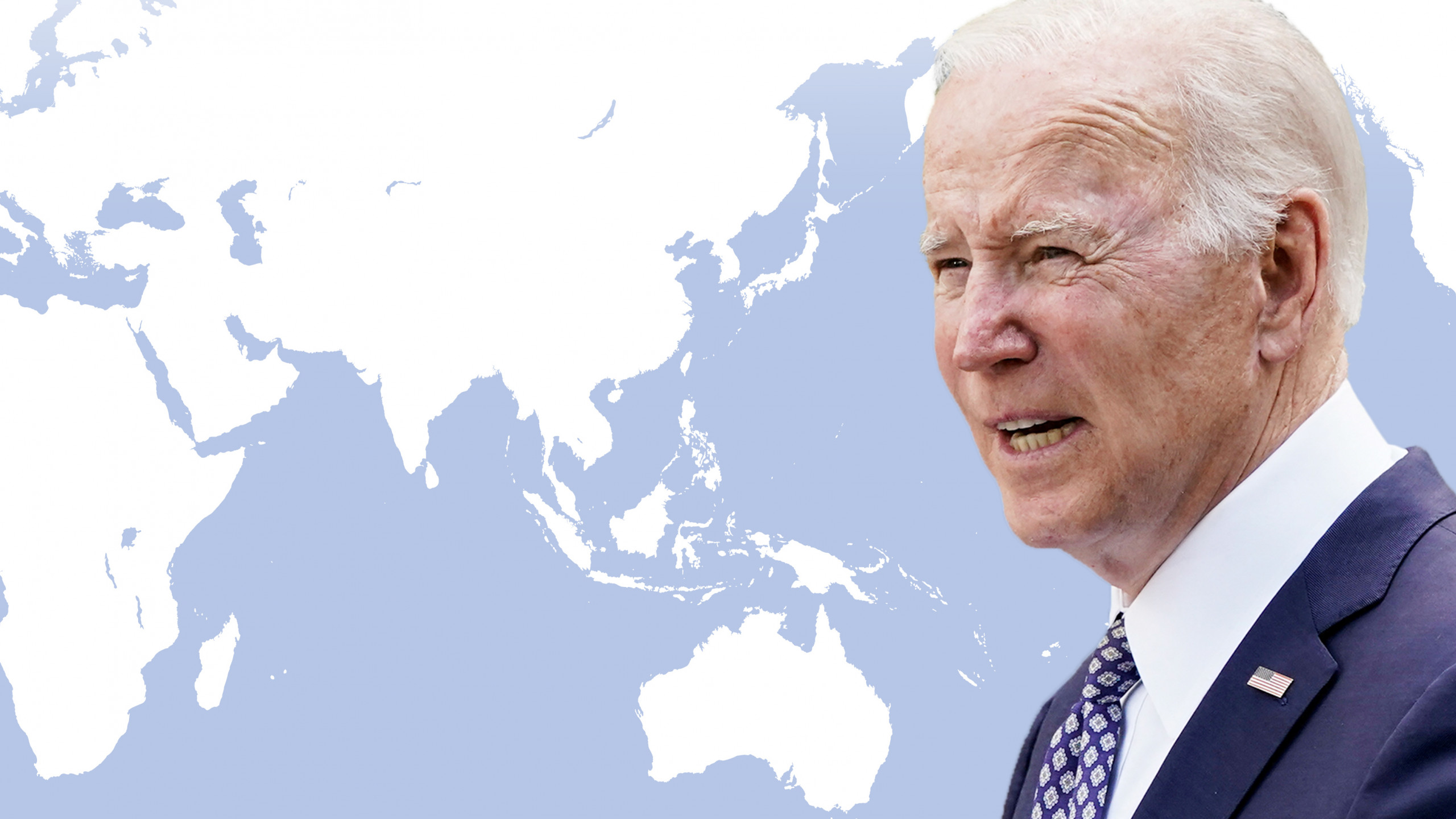Automotive is a strategic sector for ASEAN economies, integrated through complex global value chains. The pandemic has transformed preferences of consumers and producers, opening the sector to new developments
The Covid-19 pandemic has forced people to rethink daily habits and priorities. In Southeast Asia, the cornerstone of global value chains, the automotive sector has proved particularly sensitive to these transformations. As reported by the consulting firm Deloitte, some significant trends emerge, on both the production and consumption side, which could strongly affect competition in the sector, with consequences at a global level.
For what concerns the demand, the preference for personal vehicle travel has increased since the pandemic. Before the health crisis, an average of 37% of consumers preferred to travel by their own means, but with the outbreak of the pandemic this percentage increased significantly, reaching 52%. Local consumers, according to Deloitte, are also rethinking the type of vehicle they would be willing to buy: fuel-efficient vehicles are gaining ground, but the lack of efficient infrastructure means that consumers continue to prefer hybrid electric vehicles (HEVs), compared to battery electric vehicles (BEVs). About 38% of respondents in the region prefer these fuel-efficient vehicles - particularly in Indonesia, the Philippines and Thailand, this preference was expressed by more than 40% of the sample analyzed. Furthermore, according to the report, since a large part of the population interviewed said they were unwilling to pay more for the purchase of electric vehicles, the government support for production and sales could be useful in encouraging their diffusion.
As for the supply side, if ten years ago Thailand could claim the undisputed primacy in automotive production in Southeast Asia, things are bound to change. To fully grasp this transformation, it is good to observe the growth of local emerging markets from a genealogical point of view. The production of automobiles, assembly and the creation of intermediate parts has always been one of the favored sectors by regional economies. Southeast Asia represents, on a macroscopic level, one of the strategic hubs of global supply chains. Building a car involves a long and fragmented process, through integrated transnational networks that provide hundreds of thousands of jobs, attract billions of dollars in investment, and require skills and technologies that can foster long-term growth of economies. of the region. Countries such as South Korea and Japan have based their economic growth on a model that hinges on the production and export of automobiles, and this success has made them references to emulate in East Asia.
Thailand is an emblematic case. It is one of those emerging markets in Southeast Asia that has meticulously followed the instructions to the free market promoted by the International Monetary Fund and the World Trade Organization, opening the value chains to foreign investment and imports. For economies so dependent on interactions with foreign markets and investments, the health crisis represented a real shock, and Thailand's leadership in the automotive sector was challenged by the emergence of another challenger. Indonesia has taken a different path to launch its automotive sector and national economic growth. Exports to Jakarta took off thanks to strong domestic demand, which increased from 486,000 in 2009 to 1.2 million in 2014. The Indonesian experience, according to James Guild from The Diplomat, questions the development model prescribed by international institutions for the growth of emerging markets.
However, competition between car manufacturers is not just a local issue. Among the effects of globalization is the extreme mobility of investment flows, which also perform the strategic function of channeling geopolitical competitions. Southeast Asia has always been a particularly attractive destination for Japanese car manufacturers: around 90% of the vehicles produced and sold in Thailand come from Japanese manufacturers. However, Tokyo seems to want to stay in the footsteps of traditional gasoline fueling, while the preference of local fuel-efficient and hybrid consumers is growing, especially in Thailand. Chinese companies seem willing to seize this opportunity. Chinese company Great Wall fully entered the Thai market last year, acquiring a plant from General Motors in which it has invested over $ 700 million. The entire facility has been transformed into a state-of-the-art factory, with production lines powered by artificial intelligence, which began producing hybrids in June and plans to launch production of electric models by 2023. The Great Wall would take advantage of a Thai government program that offers concessions for the design of electric vehicles. Bangkok, in fact, aims to make 30% of locally produced vehicles electric by 2030, and the reluctance of Japanese manufacturers to resort to the electric breakthrough is diversifying competition.
Therefore, the Southeast Asian automotive sector is in transition. Consumption and production are slowly adapting to the new circumstances of the post-pandemic globalized economy, with different speeds depending on the emerging economies. It will be interesting to observe which directions the sector will take, which will tell something about the economic development of the entire region.






